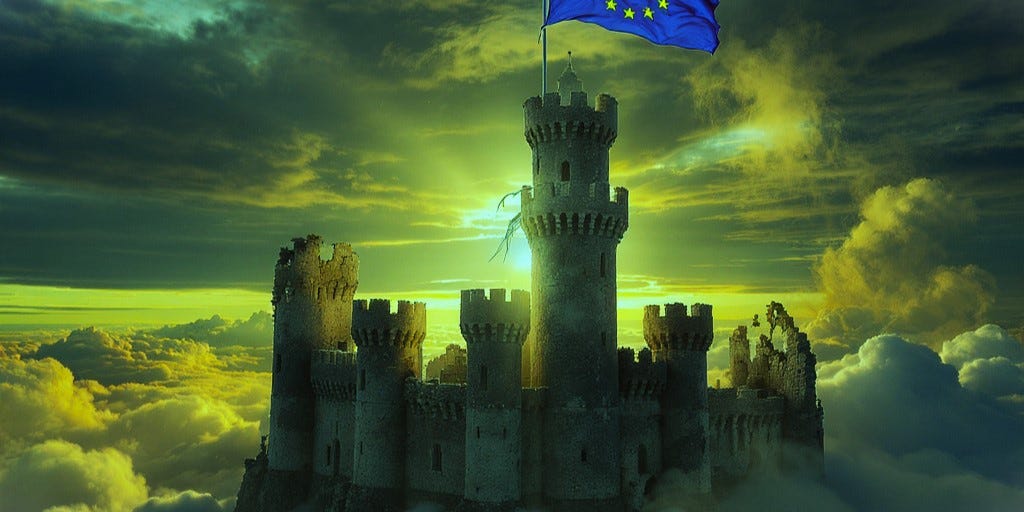Russia and the West: Learning versus Illusions
The ongoing negotiations over peace in Ukraine show that Moscow lives in the real world. The West – not so much
In some important ways that Western information warriors love to miss, Russia and the West are quite similar. Like the West, Russia is a country with a typically modern state (even if today the Russian state functions much better than its Western counterparts). Russia’s economy is capitalist like almost everywhere else on the planet now, even if the Russian state – because it functions better – has reasserted control over the rich, while the West, sick with neoliberalism, lets them dominate and damage national interests. This is one reason, incidentally, why Russia has withstood unprecedentedly savage Western economic warfare and has a far more effective military-industrial complex than the West.
Finally, while Russia spans Europe and Asia, it is also a major force within that specific cultural tradition whose origins we associate with Europe, or more broadly, the West, from novels to classical conservatories.
Yet, in other respects, there are principal differences between Russia and the West. And please forget about, for a moment, the usual suspects (Russian Orthodoxy versus the rest, for instance, or the usual speculations about space, climate, and mentality). Instead, let’s be concrete and very contemporary: Let’s ask what differences matter most to the issue of finding (or not) a valid peace for the Ukraine War. Then two things emerge, one obvious and the other a little less so.




